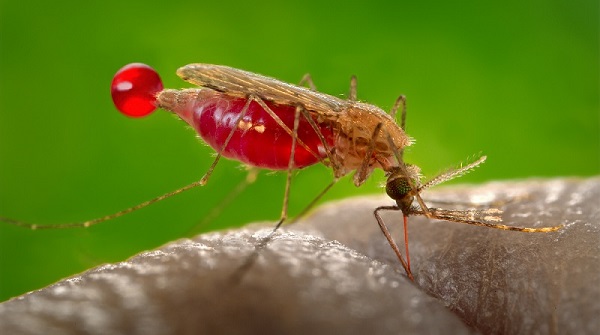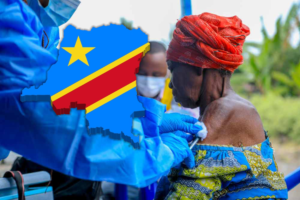Washington State Probes Possible First Locally Acquired Malaria Case

Health officials in Washington State are investigating what could be the first locally acquired case of malaria in the state’s history. The case involves a local woman who was diagnosed with the mosquito-borne illness earlier this month. If confirmed, it would mark a significant and rare instance of malaria transmission occurring within the state’s borders.
With a rare domestic diagnosis, a patient, whose identity has not been disclosed, began showing symptoms including fever, chills and flu-like illness before receiving a malaria diagnosis on August 2, 2025. She is currently undergoing treatment and being closely monitored by medical professionals.
Preliminary investigations suggest the infection may have been spread by a mosquito that had previously bitten someone with a travel-related case of malaria. This form of domestic transmission is considered extremely uncommon in the United States, where malaria was officially eradicated in the early 1950s.
National trends raise concerns: While the U.S. typically records between 1500 and 2000 malaria cases annually, they are mostly all linked to international travel. So, local transmission has historically been rare. Washington State usually sees between 20 and 70 malaria cases each year, all associated with travelers returning from malaria-endemic regions.
However, recent years have seen a concerning uptick in local infections nationwide. In 2023, the country reported its first locally acquired malaria case in two decades, with ten cases confirmed in Florida, Texas, Maryland, and Arkansas between May and October of that year.
On climate and public health challenges: experts point to climate change as a possible driver of the trend. Rising global temperatures create more favorable conditions for the Plasmodium parasite and its mosquito vectors to survive and reproduce in regions previously unsuitable for transmission.
Adding to the challenge, the United States has been a leading contributor to global malaria eradication programs, but recent funding cuts have weakened prevention and control initiatives worldwide.
Public Health Response
Washington state health officials are actively trapping and testing mosquitoes in the affected area to determine whether local mosquito populations are carrying the malaria parasite. While authorities emphasize that the risk to the general public remains very low, they urge residents to take standard mosquito-prevention measures, such as using insect repellent, wearing long-sleeved clothing outdoors, and ensuring that window and door screens are intact.
The investigation remains ongoing as public health agencies work to confirm the source of the infection and assess whether broader mosquito control measures are necessary.









